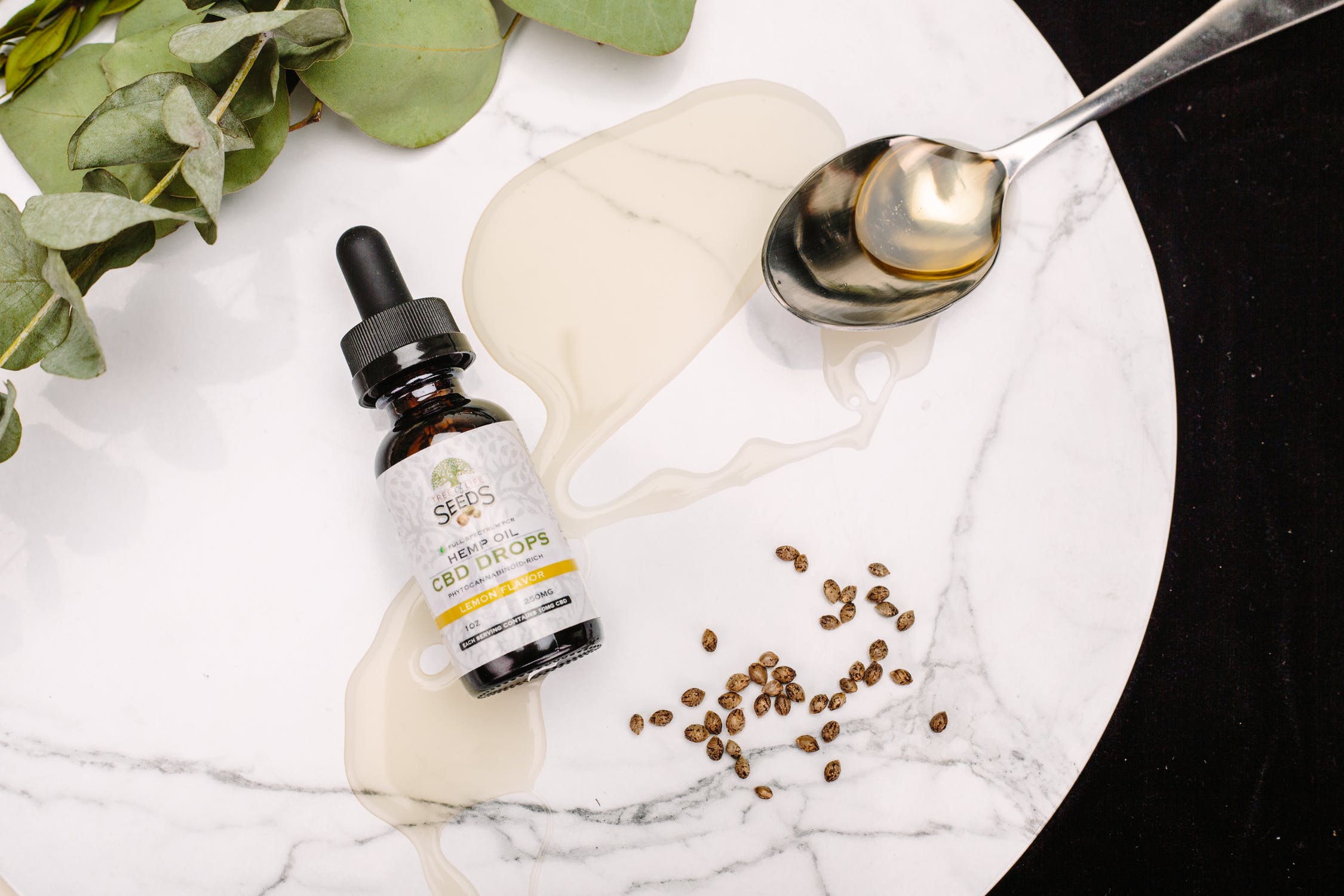Cannabidiol, or CBD as it’s commonly referred to, has seen a surge in both popularity and profitability within the last few years. Despite this, it’s still hanging in a gray area of legal limbo. Because of the ever-changing state of legality, it can be confusing to navigate the landscape of merchandising, especially because different states have different regulations for dealing with it.
This makes accepting CBD payments a particularly questionable venture. Shopify’s recent announcement that it would be allowing US CBD merchants onto its platform has been seen as a big shift. Of course, they made this announcement with the caveat that “you comply with applicable federal, state and local laws.” And therein lies a lot of murky territory.
Currently, the FDA has not approved the use of CBD in food or dietary supplements. This makes the sale of popular items such as gummies, CBD-infused waters and desserts not technically legal, so you shouldn’t be seeing them available through Shopify until the FDA enacts some solid regulations.
The FDA has cited their concern about CBD-infused products, stating that “some companies are marketing products containing cannabis and cannabis-derived compounds in ways that violate the Federal Food, Drug and Cosmetic Act (FD&C Act) and that may put the health and safety of consumers at risk.”
This creates another area of concern: ensuring that sellers are following the laws that govern the claims that they are allowed to make about their products. CBD sellers are not allowed to make claims that their products cures, treats or prevents diseases in any way. Even using third-party endorsements could draw the federal eye to their operations.
While the FDA hasn’t outlined specific regulations, other states have taken the initiative, and these laws vary widely from state to state and are sometimes in direct conflict with the federal position. For example, New York allows for the production of CBD edibles under strict standards.
Accepting CBD payments means that you have to ensure that the seller is working within the laws of both the federal and states that they are producing and selling in. So, an extra layer of complication is that a seller might be producing CBD edibles in coordination with the New York law but then they might be selling in a state that does not allow for the use of edibles. Or, they might be shipping through a state that does not legally allow the shipment of CBD.
Trying to understand and keep in mind the various laws and regulations from district to district can make accepting CBD payments tricky.
Of course, many CBD sellers are not compliant with regulations and this is creating issues for sellers and payment acceptors who are trying to follow all of the laws and regulations.
Either way, if you decide to accept CBD payments, you should consult with professionals and attorneys to ensure that you are taking every necessary precaution to minimize your risk until more substantial laws are introduced by the FDA that clear up uncertainties.


